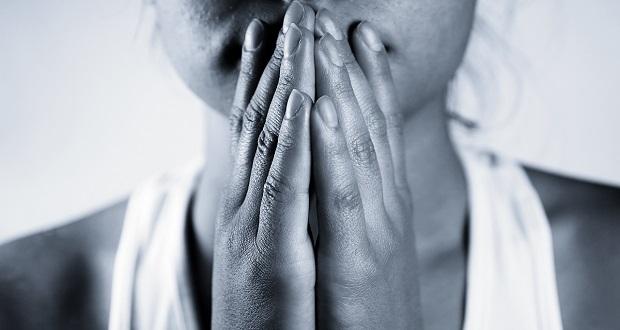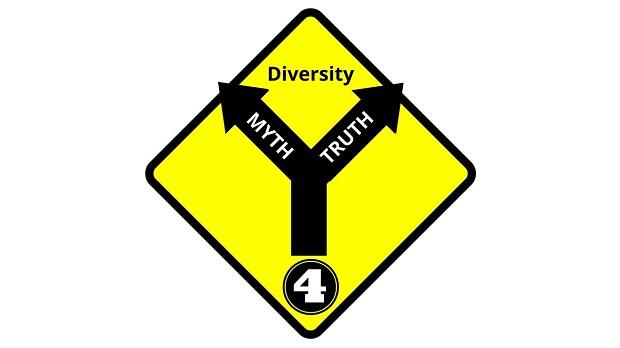
Trigger Warning: This post requires language and references to sexual assault and harassment which may be triggering for some readers.
As you have most likely heard, on Tuesday, Bill Cosby was sentenced to 3 to 10 years in prison for sexual assault. This case, as many high-profile cases do, created a divide – is “America’s Dad” guilty, or is the criminal justice system out to get him because of his race?
However, beyond the verdict, Bill Cosby’s sentencing reveals an important non-truth about the American justice system. On Tuesday, Montgomery County Judge Steven O’Neill said, “No one is above the law. And no one should be treated disproportionately because of who they are, where they live, or even their wealth, celebrity or philanthropy.”
Yet, during a #MeToo era and amidst the emergence of a heartbreaking stream of #WhyIDidntReport testimonies, many cases, victims and predators would prove this statement to be inaccurate, especially if you are Black. It is no secret that men like Charlie Sheen, Woody Allen, Donald Trump and Shafeeq Sheikh, to name a few, seem to have some sort of moral immunity due to their race, status and privilege. To be clear, I think it’s important to note that this is in no way excusing or supporting what Bill Cosby has been convicted of. However, his conviction and sentencing shine a light on just how many people have not been convicted – and how many victims remain without justice. How valid is “justice for all” when so many sexual predators, especially white sexual predators, have been able to walk free or receive shorter sentences?
How valid is “justice for all” when so many sexual predators, especially white sexual predators, have been able to walk free or receive shorter sentences? Click To TweetHere are two sad truths that this case has highlighted for me: (1) We are currently living in a country where African Americans and minorities are more likely to be imprisoned, for crimes they did and did not commit, and (2) we are also living in a country where victims of sexual crimes are more likely to stay silent out of the fear of their justice systems failing them, amongst other reasons. I’m going to focus on the latter.
I found myself following the #WhyIDidntReport hashtag on Twitter after President Trump’s criticism of Supreme Court Nominee Brett Kavanaugh’s accuser. His accuser, Christine Blasely Ford, has come forth with accusations of sexual misconduct that took place when they were teenagers. Ford is 51 years old. Last week, President Trump questioned her credibility, saying that if the attack “was as bad as she says,” it would have been reported to authorities immediately.
This response ignited the hashtag #WhyIDidntReport, which more than 720,000 survivors of abuse have used to share the reasons behind why they chose not to report the abuse. These reasons included fear of losing a job, being threatened, being a child, shame, not fully understanding what occurred, and the list goes on. But the main reason I found so disturbing in all of this was that victims felt that if they reported it, they would not see justice.
Can you imagine being wronged in a traumatizing way and feeling like there was no point in telling anyone because it wouldn’t make a difference? Can you imagine watching someone you love build the strength to speak out only to be ridiculed and for their offender to walk free? Anti-sexual violence nonprofit RAINN, the Rape, Abuse & Incest National Network, estimates that out of every 1,000 rapes, 994 perpetrators will walk free. Broken down, this includes 310 that are reported to police, 57 that lead to arrests, 11 that get referred to prosecutors, 7 that lead to felony convictions, and 6 perpetrators end up incarcerated.
Remarks like the ones made by our President encourage victims to not report sexual assault, harassment or domestic violence. Those kinds of remarks coupled with the low number of those who are incarcerated after being reported remind survivors daily that the odds are stacked against them. I encourage you to search #WhyIDidntReport on Twitter and read their stories.
So, where do we go from here? As a mother of a young daughter, I never want her to feel like the odds are stacked against her, like “justice for all” doesn’t include her. I never want her to feel like there is no use in speaking up if she needs to or that someone’s status will override what is right and just in this world. I hope with the sharing of victim’s stories will come some form of peace. Even if it’s not the exact form of justice we all may need, knowing that you’re not alone can change your outlook and ease the pain.
'As a mother of a young daughter, I never want her to feel like the odds are stacked against her, like 'justice for all' doesn’t include her. I never want her to feel like there is no use in speaking up if she needs to or that someone’s status… Click To TweetAs I’m challenging others, I’m also speaking to myself. I also have a #WhyIDidntReport story that I have always been reluctant to share. I am truly empowered by the strength of those who do report and those who are willing to share their stories publicly. As Cosby’s sentencing shows a step in the right direction for high profile sexual assault cases in America, I can only hope that other victims get the justice that they truly deserve.


















